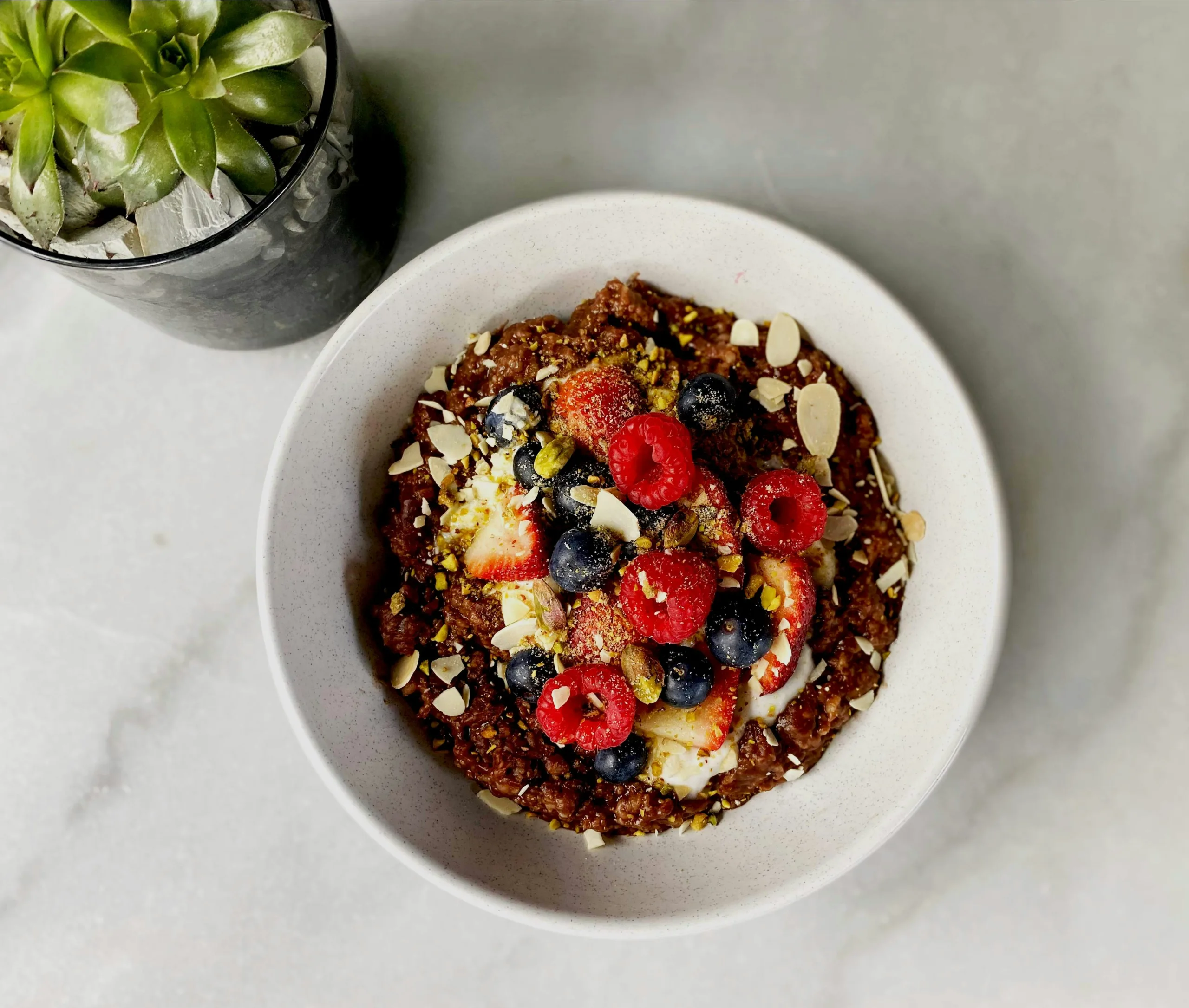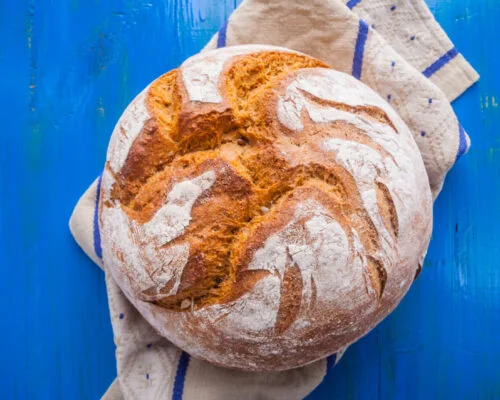This post is part of a super important series on Emotional Eating. Not sure what that means? Emotional eating can be much more subtle than you realize, and if you’re having trouble figuring out your food issues, it may be at the root of them. If you’re a wellness professional (or are just trying to live your healthiest life!), you’ve GOT to understand emotional eating, as it’s likely at the root of many of your clients’ issues. Get informed, here!
Ask Keri: Should I feel like a fraud if I’m a wellness expert and still encounter emotional eating?
Keri Says: It may sound like a cliche, but let’s start with a serious truth: Nobody’s perfect.
In fact, when it comes to food, being “perfect” is often a bad thing. It’s not healthy to be super regimented, and when you approach eating in that way, it often leads to failure, stress spikes, and mental exhaustion.
People think, “OMG I ate a box of cookies! How can I be a health coach or an RD or a yoga teacher if I can’t follow my own advice?” But if you weren’t imperfect, you wouldn’t be a human, you’d be a computer. And look, everyone’s already got WebMD; they come to you for health advice because you are a living, breathing person who can relate.
Think of it this way: Would you want to see a therapist who never has moods? Who has never felt sad or confused?
Or, consider what a “healthy relationship” with another individual looks like. I bet your best friend in the entire world sometimes annoys you. You probably get into disagreements and have to deal with them and then patch things up. That doesn’t mean it’s not a strong, healthy friendship. Similarly, you might know all about how to handle emotional eating, whether it’s tapping into your cravings or journaling. That doesn’t mean all of that won’t occasionally get thrown out the window when life gets complicated. Perfect relationships with people don’t exist, so it’s unrealistic to expect you’d have a perfect relationship with food. I always tell clients to aim for a “really good” relationship, and that applies if you’re a wellness expert, too.
The key is understanding your own imperfections and how bouts of emotional eating fit into an overall healthy life, which is going to include disruptions, ups and downs, and unsteadiness whoever you are.
Understanding imperfections is key to addressing emotional eating. Enroll in our Emotional Eating course to learn more!
How to do that?
The first step is to acknowledge that ups and downs should happen and are going to happen. That takes the pressure off when you do “mess up”, so that you can just recognize you fell off rather than immediately going into a “I’m the worst nutritionist ever!” downward spiral. That doesn’t mean you won’t feel bad or can’t give yourself the space to feel bad about it. It’s just about experiencing feeling bad and then getting back on track.
Next, try to look at your own situation the way you’d approach a client’s challenges. Am I doing this too often? Where is this coming from? Sometimes you’ll be able to evaluate your own behavior honestly; other times you’ll need help. I used to ask one of the dietitians who worked in my practice, Lara Metz, to occasionally be my “RD for the week, please!”
There are times when you want to be accountable to be somebody or when it just helps to share your thoughts.
In the end, just remember that you can mess up and it’s not really messing up. Imperfect is better than perfect, I promise, even when it comes to emotional eating.
If you’re interested in learning more about my philosophies around emotional eating, check out our four-part video course on Emotional Eating, now!
(Photo: Shutterstock)





























